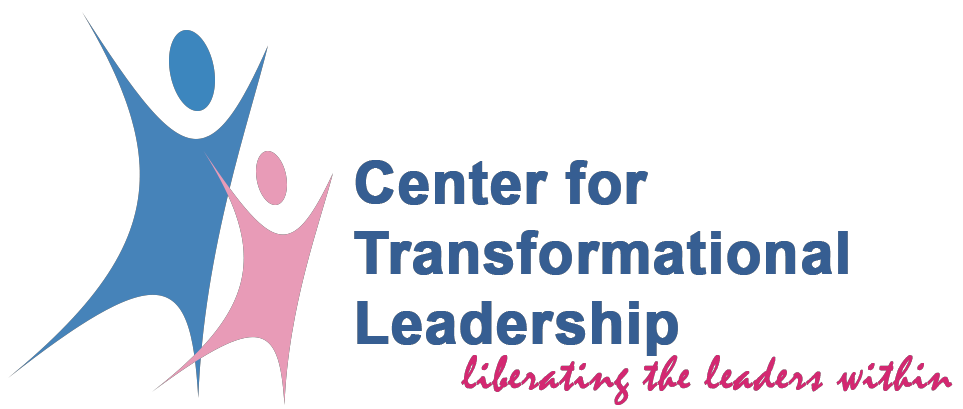In November 2016, I sat in a panel alongside a representative from the Independent Elections and Boundaries Commission (IEBC), the Dean of Students, and a representative of the Egerton Egerton University Electoral Commission to discuss elections. The dialogue happened with close to 100 student leaders at Egerton University, Njoro Campus. The institution was just one week away from holding student union elections. It was worth discussing electoral matters and reflecting on how university elections can be spaces for nurturing democracy. We discussed the electoral process, comparing national elections with college elections. Listening to the discussions, here are 5 representation issues that stood out for me:
a. Quality of Representation
Maintaining communication between the electorates and elected officials matters to young people. On several occasions, it was noted that students who get elected lose touch with the electorates. When the electorates ask them to address an issue, they do not receive feedback on what happened and whether the matter has been presented to the relevant office. This is not peculiar to the college environment, out here, elected officials tend to lose contact with their electorates after clinching the elective seat. When the link between the elected and the electorates breaks, yet the former is elected to represent the latter in the decision-making process, the quality of representation is highly compromised; this is a big concern for young electorates.
b. Registration of Candidates
During national elections, all candidates are required to register with the IEBC. This enables the commission to certify that candidates meet all the requirements to run for their choice of elective posts. Likewise, Egerton University Electoral Commission requires students seeking to be elected as student leaders to register with the commission. The commission has set qualifications that students must meet in order to contest for an elective seat. In both cases, there are set timelines within which interested candidates are expected to submit their registration applications. Failure to meet these timelines leads to disqualification.
c. Feedback from Electoral Commission
Students who have expressed interest to vie for elective seats in the University but were unsuccessful expressed concerns that they did not receive feedback from the University Electoral Commission on the reason why they got disqualified. Emphasis was laid on the need to meet all the requirements provided by the commission before submitting the registration application. Even so, the IEBC representative underscored that for national elections, the law requires that candidates who are disqualified by the commission be notified of the reason for disqualification in writing. The representative of the Egerton Electoral Commission acknowledged that this has not been happening in the institution. He said this is a lesson learned for the commission and moving forward, it will endeavor to provide feedback to disqualified candidates.
d. Electoral Malpractices
On both ends, it was noted that electoral malpractices. During national elections, candidates are required to keep off rigging or campaigning during election day. They are expected to avoid voter bribery or treating voters. Citizens on the other hand are not allowed to engage in malpractices such as taking ballot papers out of the polling station or voting multiple times among other malpractices. However, these malpractices are rife during elections and electoral commissions face an uphill task in the delivery of free, fair, credible, and transparent elections.
College elections are a step in the right direction in terms of nurturing democratic practices among youth. However, there is still more to be done for the real benefits of democratic processes to be realized so that electorates hold leaders to account and those who seek to elective posts do so for the right reasons - to serve those who elect them.
